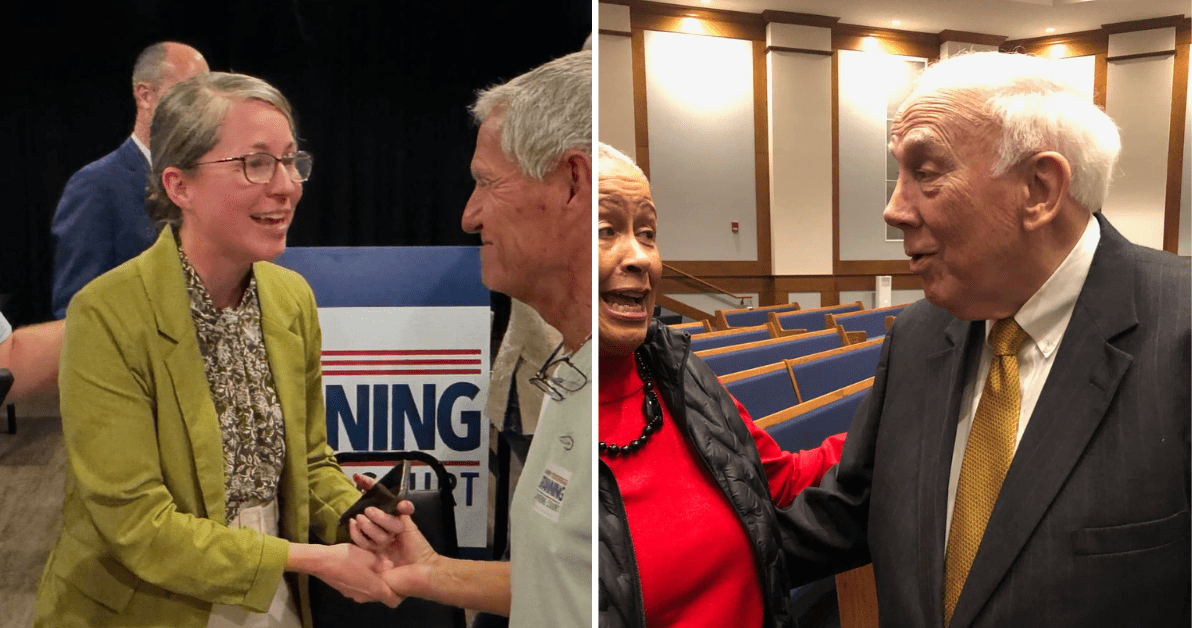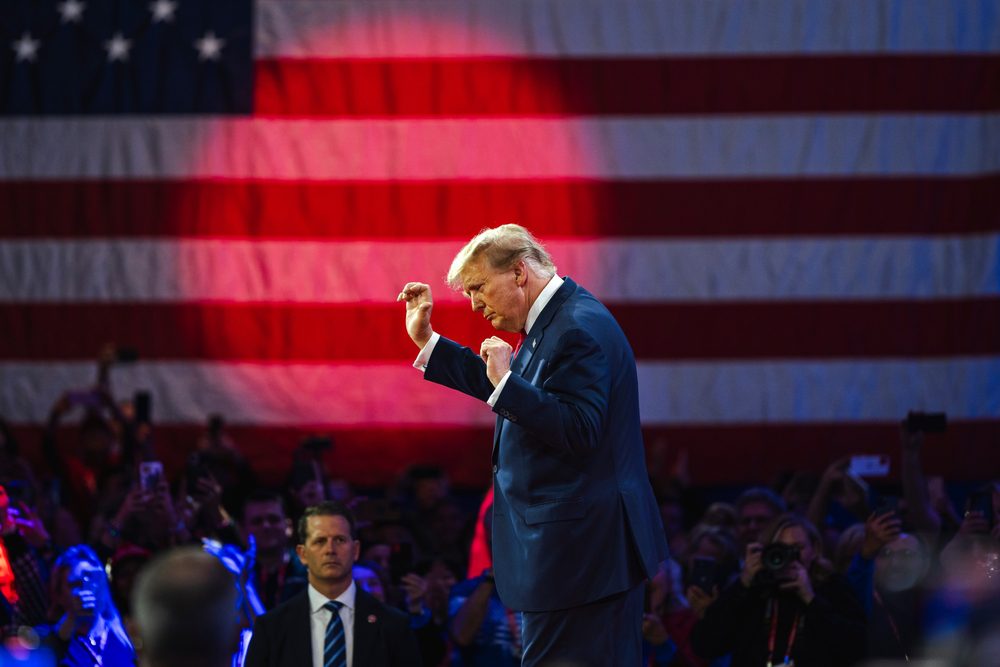
The Mississippi Democratic Party missed the statutory deadline to turn in their candidates’ qualifying paperwork. That there is no consequence for it, or even mention of it, raises serious questions about election integrity and the need for reform moving forward.
Candidates who wished to run for office this year were required to file qualifying paperwork by 5:00 p.m. on February 1st. This paperwork is called a “statement of intent.” MISS. CODE ANN. § 23-15-299(4)(b) gives political parties collecting the statements of intent until 6:00 p.m. to deliver those statements to the Mississippi Secretary of State’s office.
The Democratic Party did not meet this deadline.
Below is a timeline of events that occurred on the evening of the qualifying deadline. This timeline is based on communications received via public record requests. Referenced emails appear at bottom of article.
February 1st Timeline
5:12 p.m. The Secretary of State’s office sends an email to party officials reminding them of the obligation to submit their statements of intent by 6:00 PM.
5:31 p.m. The Mississippi Republican Party submits its final batch of statements of intent from candidates. No similar submission was made by the Mississippi Democratic Party at or before 6:00 PM.
6:48 p.m. The Secretary of State’s office sends an email to Tyree Irving, Chairman of the Mississippi Democratic Party, and Andre Wagner, Executive Director of the Mississippi Democratic Party. The email reads: “Good evening, I understand you had some last-minute filers. If possible, we were looking for a quick status update on when we can expect to receive the candidate statements of intent.” At this point, the statements of intent are 48 minutes past the statutory deadline. This email went unanswered.
7:37 p.m. The Secretary of State’s office sends a follow up email to the Mississippi Democratic Party. The email reads: “We will be closing the Secretary of State’s Office for the evening. If you will be sending any information over tonight, please do so by email as no one will be at the office. Also, we have been receiving numerous questions regarding the final list and plan to release a statement by 8 p.m.” At this point, the statements of intent are 1 hour and 37 minutes past the statutory deadline.
7:59 p.m. Mississippi Democratic Party Executive Director Andre Wagner responds to the Secretary of State’s office via email. The email reads: “A digital copy of our list of candidates, I am on my way to your office now to give you a physical copy.” Attached to the email is a spreadsheet with a list of candidates. There were no actual statements of intent attached. At this point, the statements of intent are 1 hour and 59 minutes past the statutory deadline.
8:04 p.m. The Secretary of State’s office replies: “Thank you. The Secretary will be at the office to receive.” No statement on the delinquency of the submission is made.
It is unclear what, if anything, was hand-delivered to the Secretary of State that night. Our public records request, which asked for records of any and all communications from February 1st between the Secretary of State’s Office and the Mississippi Democratic Party, did not yield anything other than the above-referenced emails and attachments.
What is clear is that the Democratic Party did not meet the deadline to submit candidates qualifying paperwork. But at some point, either that night or on a subsequent date, the statements of intent were submitted. None of the statements of intent dated February 1ist include a time stamp, despite the Party’s form including a space to record the time received.
Deficiencies in the Law
The law establishes a clear deadline and the Democratic Party clearly failed to meet it. The law, however, also provides no obvious legal recourse or consequence for not meeting the deadline. In fact, it says that a party’s failure to meet the deadline to submit is not a disqualifying event for a candidate. The candidate need only prove that they filed before the qualifying deadline.
Laws surrounding deadlines to qualify are designed to ensure fair and equitable treatment of candidates and parties. The one-hour window in the law for a party to turn in statements of intent is specifically designed to prevent parties from finding candidates to run after the qualifying deadline, when they have the advantage of knowing the field. It is a purposefully quick turnaround.
At a minimum, the situation which unfolded on the qualifying deadline reveals the need to tighten Mississippi’s election laws. There should be some potential consequence to violating them. Otherwise, the protections supposedly afforded by law are illusory. In a scenario where people think there are rules, but they are toothless, our elections are actually less safe. We are lured into a false sense of security.
Good for Me, But Not for Thee
Finally, this revelation comes on the back of the Democratic Party disqualifying two African American candidates for governor. Bob Hickingbottom and Greg Wash were both axed for not filing statements of economic interest with the ethics commission by the February 16th.
As Magnolia Tribune first exposed last Sunday, fifty-six other Democratic candidates for statewide and legislative office also did not file statements of economic interest by the February 16th deadline. They were not similarly disqualified.
Under the law, there is a thirty-day window past the deadline before the Ethics Commission even deems a candidate delinquent. After thirty days, the Ethics Commission provides notice. From the date of delinquency notice, there is another fifteen-day window to file before fines can begin accruing. In other words, the two disqualified candidates are not even deemed delinquent yet. That date of delinquency would be March 18th under the law.
Since our initial report, both the Secretary of State’s office and the Ethics Commission have echoed the understanding that failure to file a statement of economic interest is not a disqualifying event.
Setting aside the merits, it is peculiar that a party, which failed to meet its own statutory obligation, would apply this level of stridency and selectivity to disqualify two of its own candidates.










